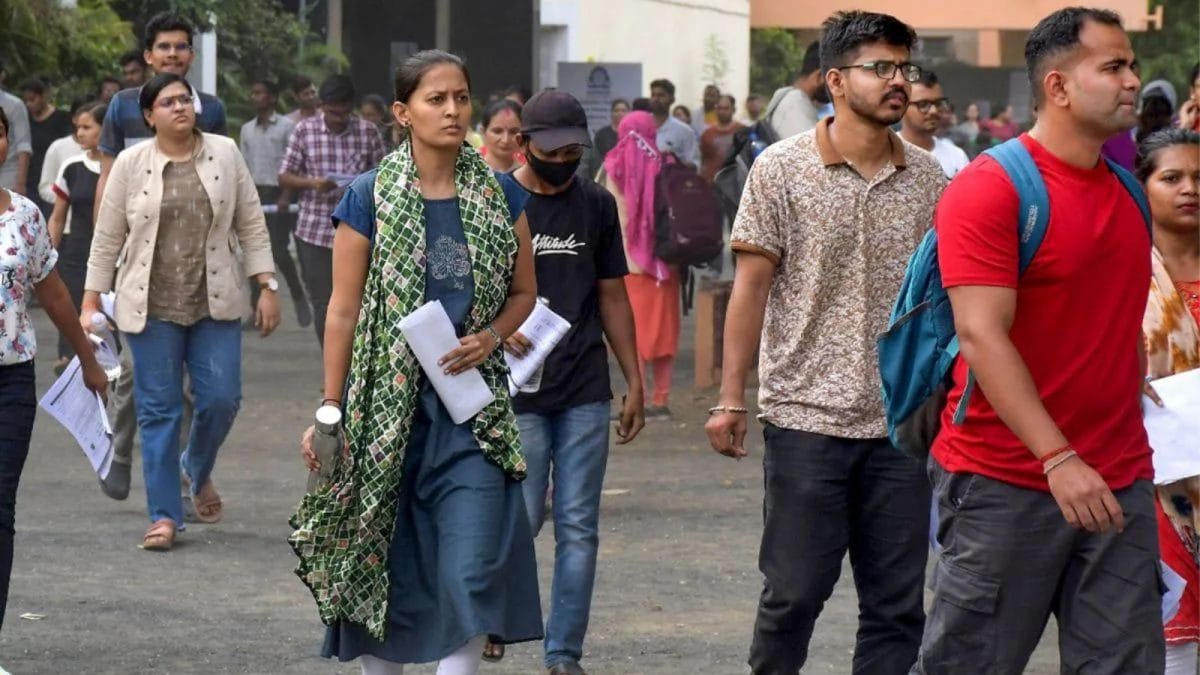Last Updated:
In its report submitted to Parliament on Wednesday, the panel said the representation of SC, ST and OBC students in top private universities was “considerably low”

Data submitted by three of the four private Institutions of Eminence revealed that less than 1% of their students belonged to the ST category. (File photo)
A parliamentary panel has recommended a central law to enforce reservations for students from Scheduled Castes (SC), Scheduled Tribes (ST), and Other Backward Classes (OBC) in private higher education institutions. The committee has proposed quotas of 15% for SCs, 7.5% for STs, and 27% for OBCs.
In its report submitted to Parliament on Wednesday, the Parliamentary Standing Committee on Education, Women, Children, Youth and Sports, headed by Congress leader Digvijaya Singh, said the representation of SC, ST and OBC students in top private universities was “considerably low”.
Recommended Stories
According to a report by The Indian Express, data submitted by three of the four private Institutions of Eminence — BITS Pilani, OP Jindal Global University, and Shiv Nadar University — revealed that less than 1% of their students belonged to the ST category, which the panel described as “abysmally low”.
“Education must be a key instrument of attaining social justice in this country, and the current absence of reservations in private higher education institutions may be an impediment to the same,” the committee noted.
The report stated that Article 15(5) of the Constitution already gives the State the power to make laws providing for reservations in private, aided and unaided higher education institutions. However, no nationwide law currently mandates this.
The panel urged Parliament to implement Article 15(5) fully by passing legislation similar to the Central Educational Institutions (Reservation in Admission) Act, 2006, which applies to centrally-funded institutions such as IITs, IIMs, and central universities.
The committee also said that the introduction of quotas in private institutions should be financially supported by the government. It recommended a model similar to the reimbursement given to private schools under the 25% reservation rule.
Further, it called for dedicated funds to help private universities increase infrastructure, faculty, and seats so that general category seats are not affected.
The Ministry of Education told the panel that since private universities are set up by state legislatures, it is the responsibility of state governments to make laws on reservation in such institutions.
About the Author
The News Desk is a team of passionate editors and writers who break and analyse the most important events unfolding in India and abroad. From live updates to exclusive reports to in-depth explainers, the Desk d…Read More
The News Desk is a team of passionate editors and writers who break and analyse the most important events unfolding in India and abroad. From live updates to exclusive reports to in-depth explainers, the Desk d… Read More
Loading comments…
Read More





